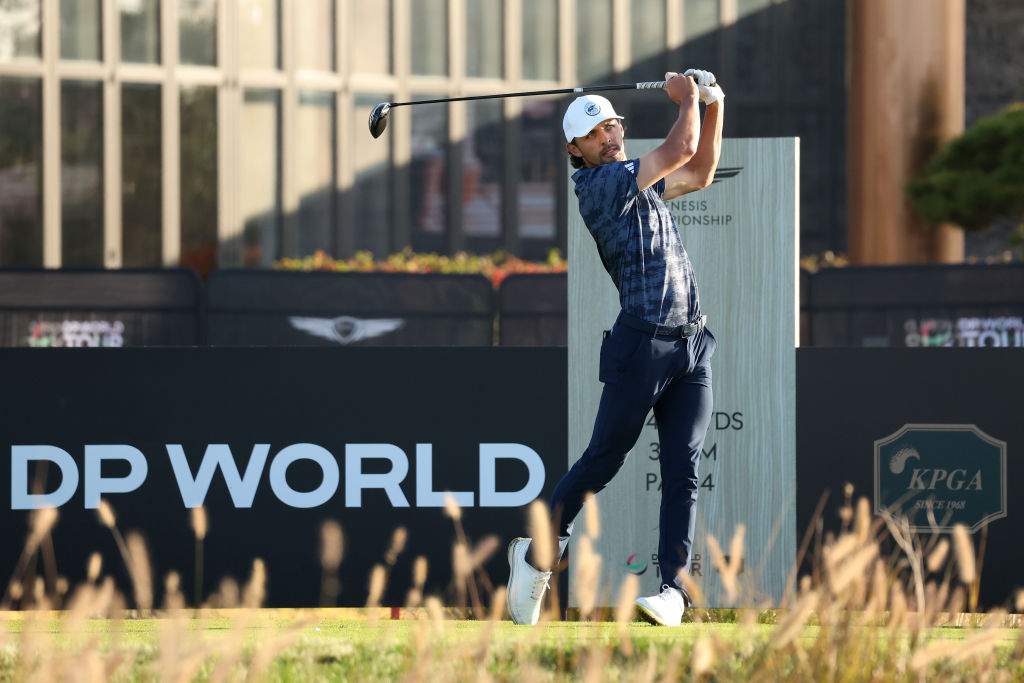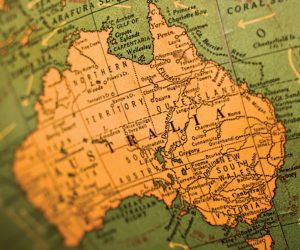Is Australia exporting its gambling problem? – ABC listen

- by Admin
- October 3, 2024
Annie Guest: There are fears Australia is exporting its gambling problem to neighbouring nations. In Papua New Guinea, betting on the NRL is growing in popularity and it’s happening with little or no regulatory oversight. In a country where poverty remains widespread and passion for league runs high, there are concerns sports betting is hurting vulnerable people. Belinda Kora reports from Port Moresby.
Belinda Kora: It’s risky business weaving in and out of the traffic, but you’ve got to be in it to win it. At a busy intersection in Port Moresby, Clepas is dodging cars to sell motorist gambling guides.
Clepas: I started selling these guides almost a month ago because I was at home doing nothing. There’s a big demand for guides because a lot of people are betting on the NRL now.
Belinda Kora: He’s selling gambling guides designed to lure people to bookmakers across town. Bookmakers in Waigani, the area that’s home to Parliament House and several government departments, it’s lunchtime and hundreds of punters are placing bets.
Opinion: They say two kina can win you thousands. That’s what the young boys say when they’re selling guides on the street.
Opinion: I don’t earn enough from my sales, but whatever little money I get, I bet.
Opinion: If we’re lucky, we’ll get drunk. Or if not, we’ll go without.
Belinda Kora: These bookmakers once focused on horse racing, but now it’s NRL tipping that’s attracting a new generation of punters. The league is hugely popular here. Rugby league is PNG’s national sport. But the effects of gambling are poorly understood. PNG’s top mental health expert, Dr Uma Ambi, says many people are naive about the risk posed by gambling and there are few, if any, social services available to problem gamblers.
Uma Ambi: It becomes an issue and problem because in the process of winning, most of the time they are losing the money.
Belinda Kora: While there’s little research on the effects of gambling in PNG, it’s a different story across the Torres Strait in Australia. Australians are world leaders when it comes to gambling losses, losing $25 billion a year.
Tim Costello: Australians lose the most in gambling of any country in the world.
Belinda Kora: Tim Costello is a prominent anti-gambling advocate and says the social impact is devastating.
Tim Costello: What we’re seeing is lives lost, people who suicide because they lose all their money. We’re seeing domestic violence where there’s gambling in a family, there’s three times more domestic violence. And we’re seeing children who are under age, under 18, knowing the odds on the NRL.
Belinda Kora: He warns Papua New Guineans are even more vulnerable.
Tim Costello: PNG residents are much poorer than Australians and what we know is the greatest losses in Australia happen in the poorest areas.
Belinda Kora: PNG could soon have its own NRL team, a move backed by the Australian Government. But little thought has been given to how that might fuel a growing gambling problem in a poorly regulated environment. Gambling ads are banned in PNG but are seen during the NRL on rebroadcasts from Australian partners. PNG’s government has a lot on its plate. Development challenges, tribal violence and a cost of living crisis and is reluctant to dedicate resources to curb betting. Peter Aitsi from Transparency International PNG says the regulator needs to step in.
Peter Aitsi: The National Gaming Control Board is really responsible for managing and perhaps trying to address some of these social issues. The National Gaming Control Board receives revenues from the industry and so as a result, rightly so, it’s beneficial for them to grow the industry. The more the industry grows, the more revenue they collect as well. So it’s not a healthy arrangement.
Belinda Kora: We put questions to the National Gaming Control Board but did not hear back.
Annie Guest: Belinda Kora reporting from Port Moresby.
The Latest News
-
December 21, 2024‘Dream come true’: Emotional Test bolter on shock call-up and classy act from man he replaced
-
December 21, 2024‘Got this wrong’: Former skipper criticises selectors’ call
-
December 21, 2024The Kings horse Gilded Water wins at Randwick races
-
December 21, 2024Nick Kyrgios has chance to become first player ‘to do it all’, says tennis great in big statement about Aussie
-
December 21, 2024Australia retains Rose Bowl after rain-affected victory





